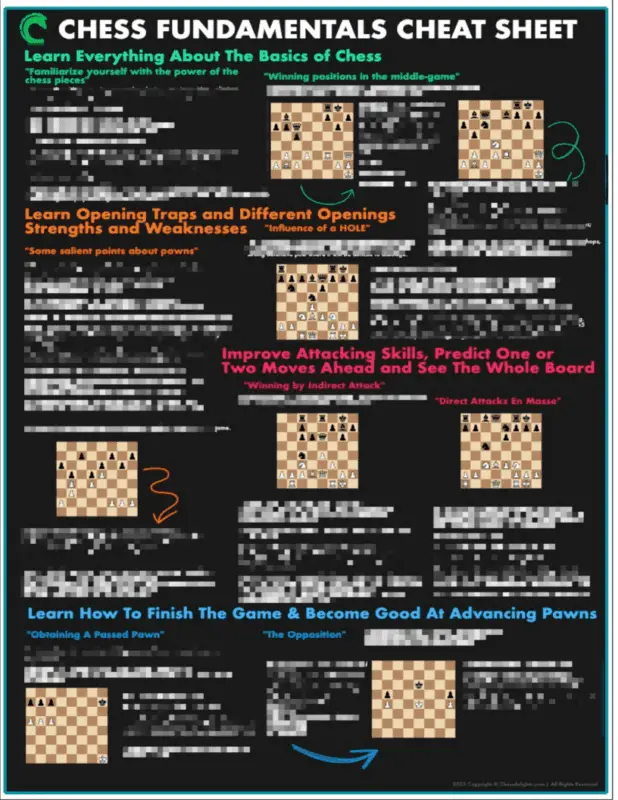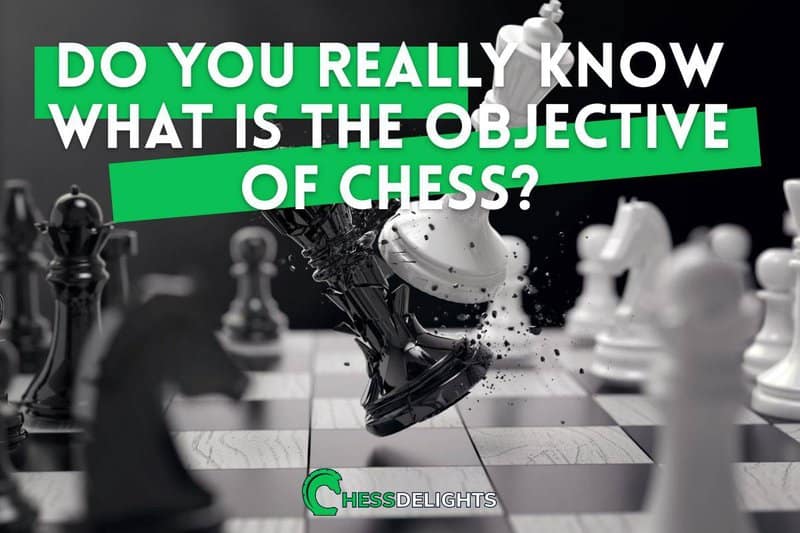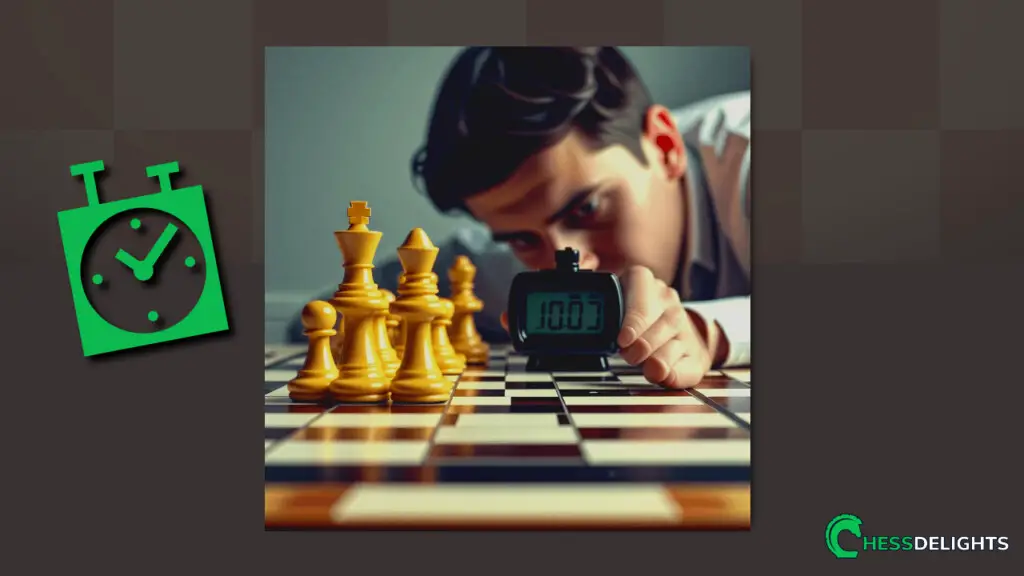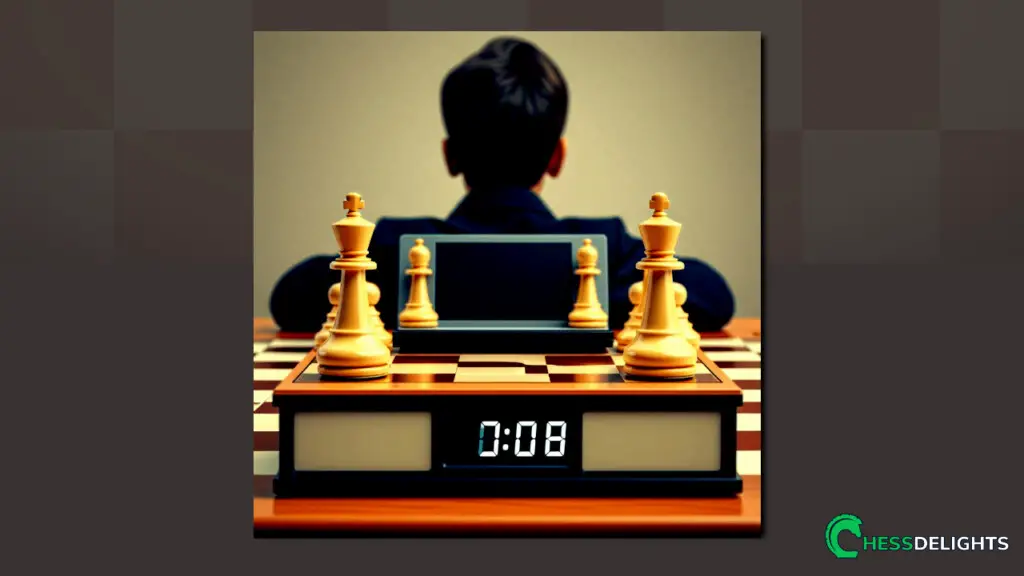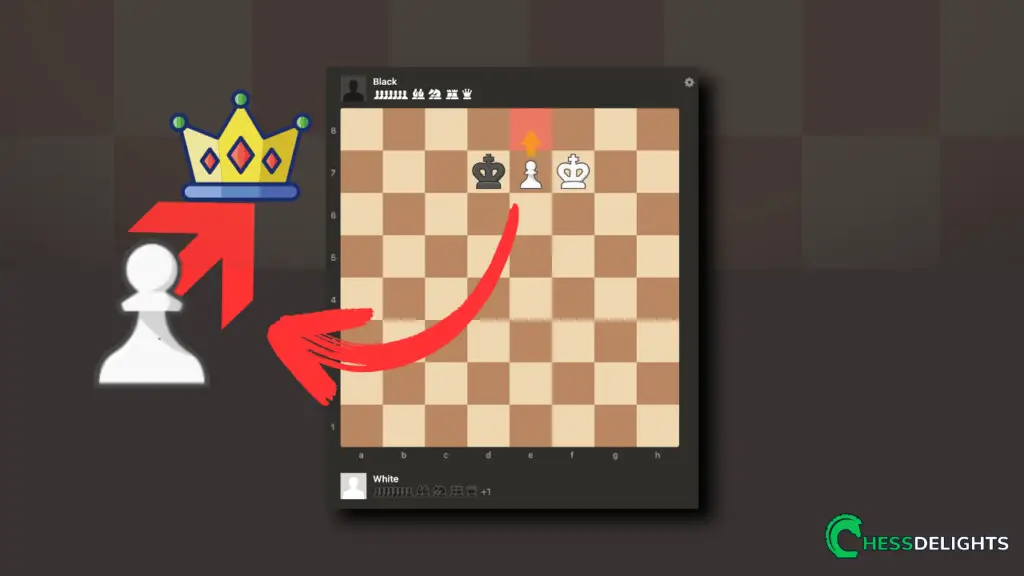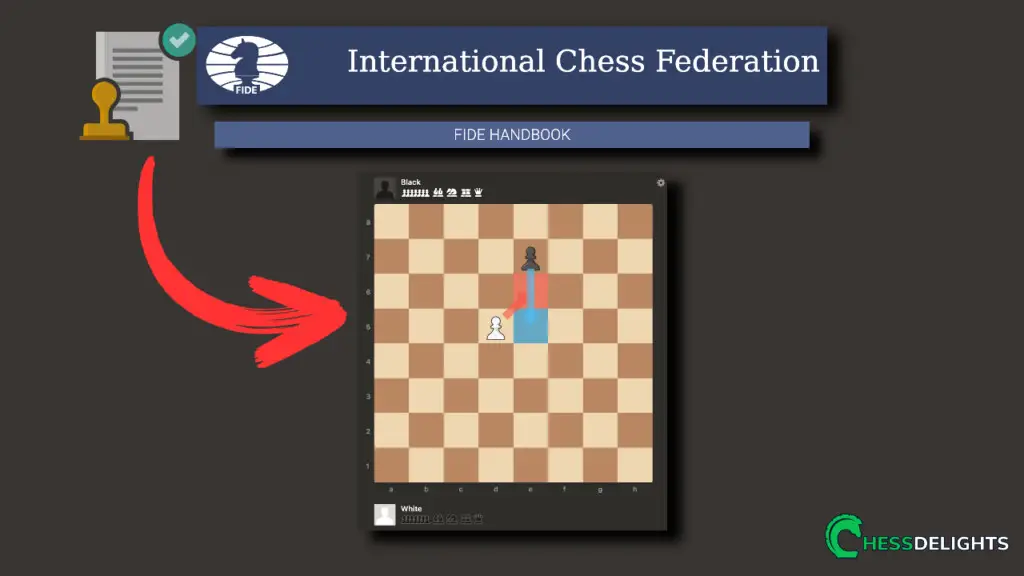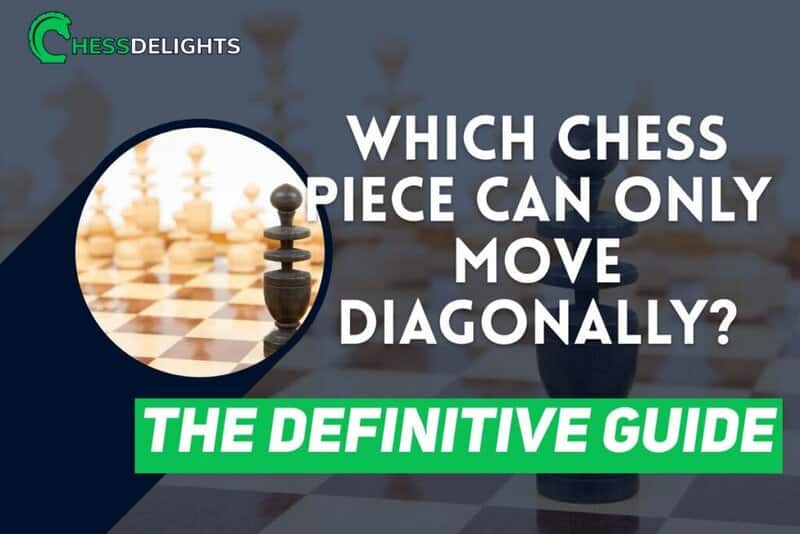You may have believed that the goal of chess is to always win through checkmate. You're clueless that chess has a huge number of objectives.
I've been playing since I was little, but it wasn't until recently that I understood what the true purpose of chess was for me. Actually, it's to learn to control my growing patience. 🙂 That's patience in the game; it's quite difficult, especially when you're just getting started and all you have is a book to follow and read if you're learning, and it gets very boring really fast.
It's fortunate that there are chess websites like this one where you may play whenever you want with players from all around the world.
After all of that, the game's objective, which is to checkmate or trap the King, is the less significant aspect in chess. The game's main objective is how you can accomplish that or how can you manipulate the game to achieve your objective.
I realize this is a very brief response, but that is all there is to it. We can also go into further detail about winning objectives, chess basic rules, and chess endgames in chess in the next sections.
Table of Contents
What is the winning objective in chess?
Checkmate is one of the fundamental goals of chess, but it's not the only one. I want you to read what I have to say with an open mind.
There are five other winning objects in chess and they are as follows.
- Outsmart your opponent
- Capture opponent's pieces
- Force your opponent to resign
- Defeat your opponent with checkmate
- End the game with a draw or stalemate
1. Outsmart your opponent
Need I emphasize that one of the most important chess winning objectives is to outsmart your opponent?:) You'd definitely consider using middle-game strategies or opening maneuvers to trick your opponent, right?
As a chess player, you'd probably have a better chance of outwitting your opponent if you were mentally and physically healthy. However, I was referring to both mental and physical problems.
In addition, you must outsmart your opponent in all of your chess moves, strategies, and tactics.
2. Capture opponent’s pieces
The strength of a chess player in capturing an opponent's pieces can determine the result of the game immediately. If your opponent is a strong player even winning one pawn is enough to win the game.
After every chess piece exchanges, the game is decided, and if you can gain a material edge, you have probably achieved one of the game's winning objectives..
3. Force your opponent to resign
Getting your opponent to resign is another chess winning objective. What could be more satisfying than having to break your opponent's attack, methods, and determination to carry on with the game.
One of the best victories in a game is one achieved by resignation. Do I really need to say that again? 🙂
Compel your opponent to resign. 🙂
4. Defeat your opponent with checkmate
Checkmate is the ultimate end result, it’s definitely one of the winning objectives in chess.
When you come to think of it, you get to the end result “checkmate” by outsmarting your opponent or even forcing your opponent to a specific move that it cannot escape or it’s that there’s no other way for the King to escape after a check.
5. End the game with a draw or stalemate
This one is tough, this can be a winning objective for both chess players. If you’re winning the game and you end up with a draw or a stalemate then maybe you’d say that you lose.
Or on the other hand, if your opponent is obviously winning and you end up getting a draw or a stalemate then we can safely say that you achieved one of the winning objective in chess.
Either way a player who can successfully achieve a draw or stalemate may have taken control of the game and has chosen to finish it that way.
Recommended Reading: If you want to know how to learn chess from books, read this article.
3 Basic chess rules objective
There are 3 basic chess rules in chess that you should achieve.
The first one is to checkmate your opponent, which means the King cannot move to any square after a check.
The second is to force your opponent to resign, this is achievable even after the early opening games. Your opponent can blunder from the opening moves and it happened to me, I blunder and resign…LOL!
The third basic chess rules objective is that you should win the game before your timer runs out.
If your timer runs out and your opponent still have time left then your opponent wins even if you’re actually winning the game.
Learning about chess clock rules is another important basic chess rules that you should know.
Chess endgames objective
There are three components to endgame objectives, which you should study and practice, according to what I've discovered.
This is something I learned from a book written by a former world chess champion and is also offered here as an interactive book. If you want to better your game, learning this is essential.
- You need to learn the power of the chess pieces.
- You need to learn pawn endings
- You need to learn how to promote pawns
1.You need to learn the power of the chess pieces.
The power of chess pieces should be thoroughly understood or practiced by the chess player; without this knowledge, the player cannot fully utilize each chess piece to achieve its endgame objective.
2.You need to learn pawn endings
Mastering effective pawn endings is a difficult but necessary objective in endgames. If you do not know how to use your pawn or pawns effectively in endings, you are more likely to lose the game.
You should be able to determine if you can achieve this endgame objectives just by observing the position.
3.You need to learn how to promote pawns
Endgames are where promoting pawns is most likely to occur, and understanding the fundamentals and knowledge of promoting pawns will dramatically improve your games.
I discovered that moving your rook behind your promoting pawn is generally unstoppable if the pawn is a passed pawn.
Check out this book if you're interested in learning more about endgames; it contains everything you need to improve your game.
Recommended reading: If you want to know the best websites to learn chess faster for free, read this article.
